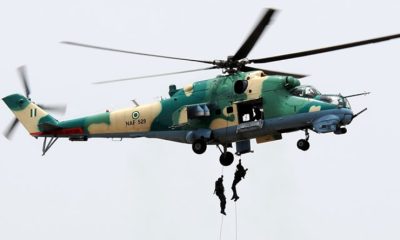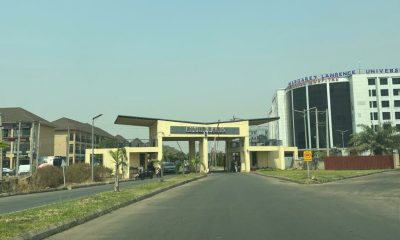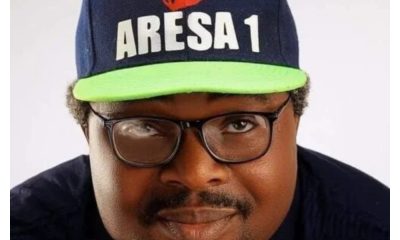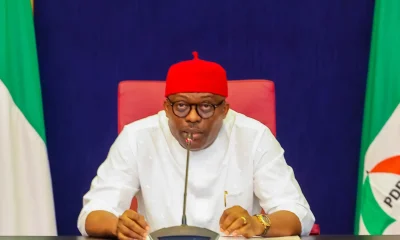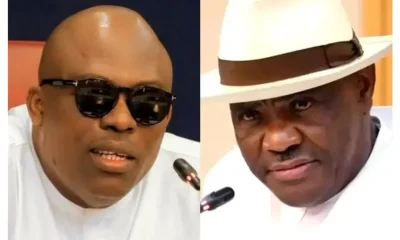Politics
Wike Alleges Fubara’s Complicity in Rivers LG Poll

The simmering political feud in Rivers State has once again erupted into the public domain, with Minister of the Federal Capital Territory, Nyesom Wike, revealing explosive details about the recent local government election. Speaking on Channels TV’s “Politics Today” programme on Thursday, Wike, the former governor of the state, claimed to have driven to Governor Siminalayi Fubara’s residence at 1 a.m. to discuss the poll, alleging that every aspect of the election was conducted with the governor’s full involvement. Wike’s comments, which are a clear attempt to seize control of the public narrative, have brought to light the deep-seated animosity that continues to fester between the two political giants, despite a supposed peace deal brokered by the Presidency.
According to Wike, he personally took the initiative to meet with the governor to iron out the details of the local government election, an event that has been at the center of the ongoing political crisis. “This is what Nigerians should know: Governor wanted to come and see me. I said, no, you’re the governor. I drove to the governor’s house by 1 am. I, the former governor of Rivers State, drove to the governor’s house at 1 am. I said, Your Excellency, what do we do? There’s nothing that was done that the governor wasn’t part of it,” Wike stated. The FCT Minister also addressed Fubara’s absence during the election, claiming the governor had told him he would not be available due to a personal engagement involving his son. Wike’s public pronouncements are aimed at countering the widespread perception that he is an overbearing political godfather attempting to sideline his successor. By detailing his attempts to consult with Fubara, he seeks to portray himself as a committed political leader who tried to involve his protege in a key political decision, and shift the blame for any political fallout onto the Governor.
The local government election in Rivers State was a highly controversial event. Dependable NG confirms that the Rivers State Independent Electoral Commission (RSIEC) has been widely accused of conducting a flawed process, with a wide-scale boycott from opposition parties. The outcome, a clean sweep for the ruling party in all 23 local government areas, was seen as a major victory for the Wike-backed political machine. The FCT Minister’s comments are a defense of this process and a direct challenge to anyone who suggests he manipulated the outcome without Fubara’s knowledge. Wike’s remark, “People just sit somewhere, begin to talk all kinds of things they don’t even know, simply because, you know, all they were expecting is, ‘oh, they’ve not settled.’ Unfortunately, where people will be collecting money is no longer there,” is a pointed jab at his critics and an attempt to discredit their claims by attributing their motives to financial gain.
The entire drama is a public spectacle of the broken peace deal that was brokered by President Bola Tinubu. The peace agreement, which was meant to end the constitutional crisis that saw lawmakers defect and the State House of Assembly complex demolished, now appears to be little more than a temporary truce. The core power struggle between Wike and Fubara remains unresolved. While Wike is known for his public grandstanding, Governor Fubara has largely maintained a strategic silence on the matter, choosing to assert his independence through actions rather than words. His administration’s decision to demolish the old assembly complex and begin construction of a new one, as well as his efforts to establish his own political base, are powerful statements that contrast with Wike’s verbal assaults. The political implications of this public spat are significant, with many political analysts suggesting it could be a precursor to a more intense battle for control of the state ahead of the 2027 general elections. As the verbal war rages on, the people of Rivers State can only hope that the political leadership will prioritize governance over personal ambition and allow a return to the stability the state so desperately needs.

